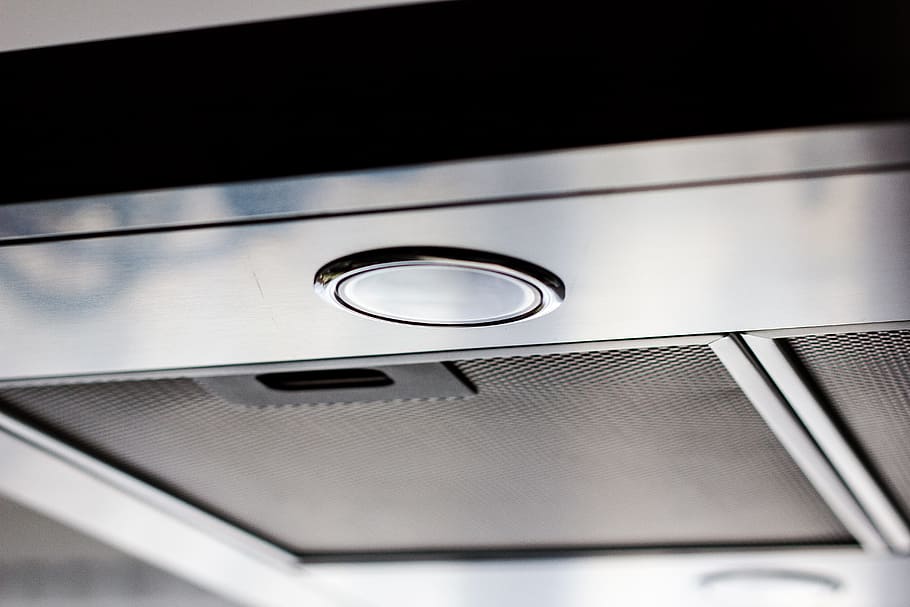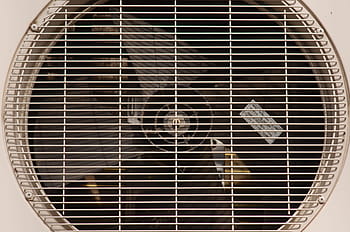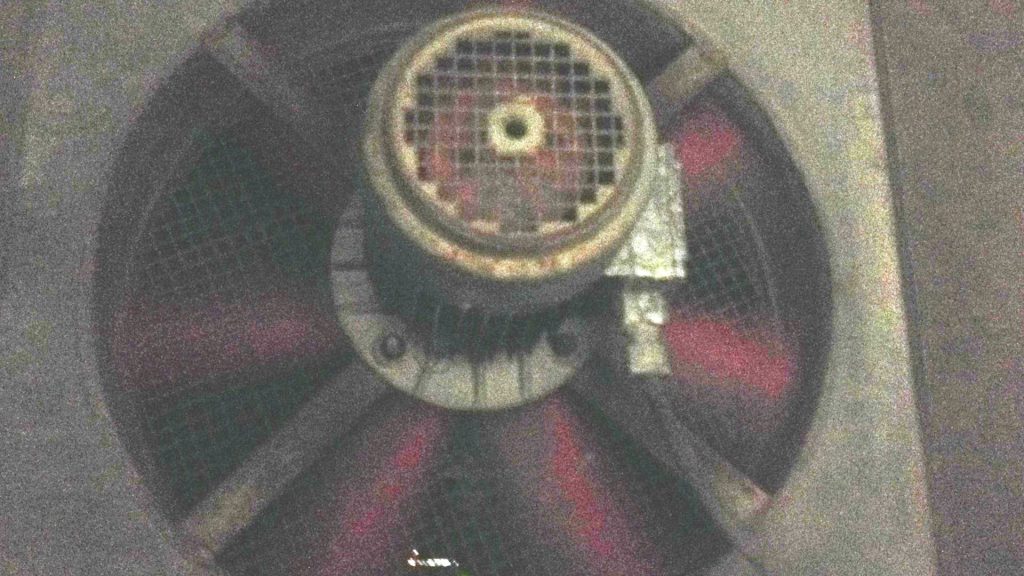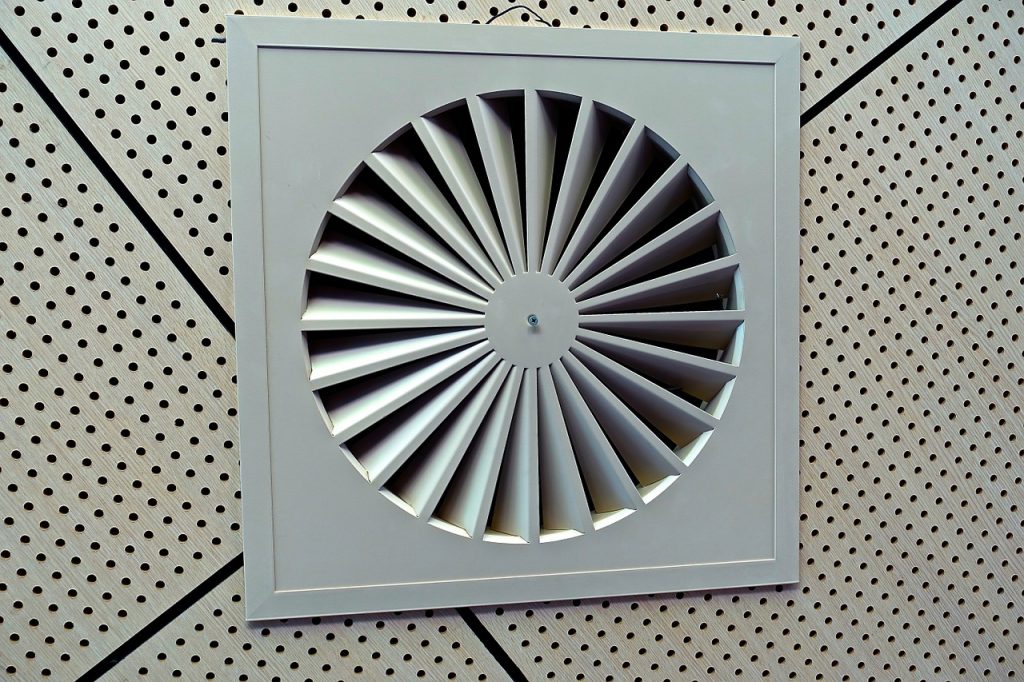
Summary:
– Usefulness of an extractor fan
– Choosing an extractor fan
– Installing an extractor fan
– Purchase and price of an extractor fan
In addition to or instead of mechanical ventilation, it is possible to add an extractor fan or ventilator in a room. Whether to maintain indoor air quality or to evacuate humidity, the extractor fan provides adjustable ventilation for greater health and comfort: extraction of smoke or kitchen odours, residual humidity or radon emitted by the ground and rocks, heat evacuation, etc…
Usefulness of an extractor fan

It is first of all in the tertiary sector that air extractors were required. Industrial fumes and vapours, heat released by machines, humidity in the baths, crowds of people… Anything that corrupts the air in a room first requires that this stale air be evacuated before it can be replaced by clean, fresh and healthy air.
In office and residential premises, where the power of an industrial extractor is not required and where its nuisances have no place (lack of aesthetics, clutter, noise), the much more discreet mechanical ventilation has been preferred. Whereas the mechanical ventilation system requires a centralized installation to be studied during construction or renovation in order to place the outlets, position the casing and the ducts, it is almost always possible to install an extractor fan.
Although its role is always the same (to extract stale air), its applications are numerous to extract:
– hot air (kitchens, technical rooms, workshops, etc.),
– smoke and odours (kitchens, production rooms, sanitary facilities, etc.),
– humidity (bathrooms, kitchens, laundry rooms, etc.),
– carbon dioxide and water vapour emitted by breathing in the main rooms in order to create the negative pressure required to bring healthy air into all residential and tertiary premises.
Choosing an extractor fan

The choice of an extractor fan will be made first of all according to its performance and aesthetics, then its comfort of use and finally its ease of installation.
The performances
Performance is measured in relation to the air flow rate expressed in cubic metres per hour (m³/h). In principle, hygienic ventilation must be adapted to the surface area of the dwelling and the average number of occupants resulting from this surface area.
– One person: 50 m³/h.
– Two persons: 60 m³/h.
– Three persons: 80 m³/h.
– Four persons: 105 m³/h.
Aesthetics
Its aesthetics can be sought with a studied design, with removable and interchangeable decors, or basic or even non-existent for extractor fans integrated in the exhaust duct.
The comfort
The comfort of use depends first of all on the noise emitted by the ventilation, as some are particularly quiet and others rather noisy. The sound level is expressed in decibels (db). On the other hand, devices allow interesting functions to be studied according to use and location: hygrostat, presence detector for automatic start and stop, multiple and/or variable speeds, time delay, programming…
Ease of installation
The ease of installation will depend above all on the electrical connection possibilities (protection class in particular) and the possible types of installation (wall and/or ceiling).
Good to know: pay attention to the installation of an electric extractor fan in rooms (bathroom, shower room) where the principle of electrical protection volume is applicable. Similarly in the kitchen, it is important to ensure that a specific kitchen extractor fan is installed, protected against grease deposits from the fumes.
Installing an extractor fan

The extractor fan is usually installed on a wall where the ductwork that extends it passes through to the outside or into a service room. There are also invisible extractor fans that are fully integrated into the exhaust duct. Inside its housing, an electrically driven fan is responsible for exhausting the stale air in the exhaust duct which channels it to a wall outlet outside the room (outside facade or service room).
In addition to the invisible extractors, there are also extractor fans with an extra-flat and very stylish interior façade so that they can be matched or blend in with the décor of almost any interior. The electric drive of the extractor fan is usually powered by mains electricity (220/240 V) and the start-up and extraction speed can be controlled by a wall-mounted or remote-controlled dimmer switch. Extractor fans are equipped with automatisms (timer, programming, humidity and/or presence detection…) and some of them operate on 12 V so that they can be placed anywhere.
The flexible or rigid sheath into which the extractor fan is inserted is generally of the usual diameter (100, 120 or 125 mm), but some also exist in 80 mm.
Good to know: The drilling of a wall in large diameter can be done using a drill or a core drill equipped with a diamond bit (crown) usually water-operated. This type of machine can be rented by the day or half-day.
Purchase and price of an extractor fan
The purchase of an extractor fan can be made in a DIY store or at an electrical or plumbing and sanitary ware distributor, but many websites offer a much wider choice.
For less than $20, there are small (< 70 m³/h) single-speed extractor fans that can provide spot extraction to be controlled manually. It is around $100 that you will find the widest choice both in the aesthetics of the extractor fan and in the functions offered (speeds, presence detector, remote control, programming…).
Precision: it is possible to find complete kits in the aerators sections which include the extractor fan + its duct + the external outlet at an interesting price. Check that their installation is possible in the desired room.
